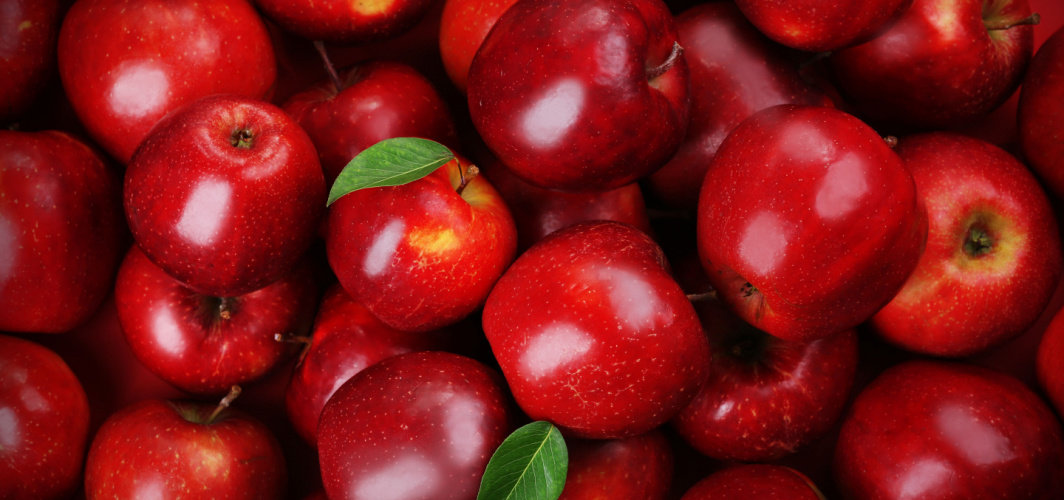- Home
- Blog
- Health & Nutrition
The ins and outs of weight management
Health & Nutrition
The ins and outs of weight management
By - 29 August 2023
Share this article
0
0 like

Maintaining a healthy weight is adopting a better lifestyle for a happier and more full life, not merely squeezing into that ideal clothing or receiving accolades. Weight loss is a long-term commitment that includes making smart choices, choosing to eat healthy, and remaining active via consistent exercise. In this blog, we'll discuss the essential components of effective weight management and how to reach your objectives while having fun on the way!
- Understanding Weight Management
Dieting and quick weight loss are not the only methods of weight control. The emphasis is instead placed on striking a balance between the energy we consume and the energy we utilize for physical activity. Setting attainable, realistic objectives and implementing gradual, long- lasting improvements are crucial. The secret to long-term success is developing healthy habits instead of restricting ourselves from our favorite dishes.
- The Role of Lifestyle
When considered a lifestyle goal rather than a short-term fix, weight management is most effective. You may build a long-lasting and joyful lifestyle that supports your weight loss journey by including healthy practices in your daily routine. Here are some lifestyle changes to consider:
- Mindful Eating: Be mindful of portion sizes and pay attention to what you consume. Limit processed and sugary foods and place a focus on nutrient-dense foods such fruits, vegetables, whole grains, and lean meats.
- Regular Exercise: Include enjoyable activities like cycling, dancing, swimming, or walking in your weekly plan. Aim for 75 minutes of strenuous activity or at least 150 minutes of moderate exercise every week.
- Adequate Sleep: A good night's sleep, lasting between seven and nine hours, is essential to maintaining a healthy weight and general well-being.
- Stress Management: Practice relaxation methods like meditation, yoga, or time in nature to reduce your stress since chronic stress can trigger emotional eating.
- Stay Hydrated: Since hunger and thirst are frequently confused, make sure to drink enough water throughout the day.
- The Role of Ingredients in Weight Management
By encouraging feelings of fullness, controlling blood sugar levels, and maintaining a healthy gut, several nutrients can help with weight management. Here are some beneficial ingredients to consider incorporating into your diet:
1. Slimbiome: Slimbiome is a unique combination of dietary fibers, which contains glucomannan, which can reduce hunger and increase feelings of satiety. Additionally, it promotes a balanced microbiota and digestive health.
2. Chia Seeds: Chia seeds have high levels of fiber, protein, and good fats. They take on a gel-like consistency when soaked in fluids, which helps keep you feeling content and full.
3. Psyllium Husk: Psyllium husk is a soluble fiber that promotes intestinal regularity and assists in digestion. Additionally, it may make you feel satisfied, which may encourage you to consume less calories.
4. Green Tea Extract: Catechins and caffeine, two substances found in green tea, can help burn fat by enhancing metabolism.
Keep in mind that while these substances may be advantageous, they do not work like magic to make you lose weight. Before adding supplements to your diet, always get the advice of a healthcare expert.
- How to keep your body moving to stay fit?
In addition to a balanced diet, regular exercise is crucial for weight management and overall health. Here are some exercises to consider including in your fitness routine:
- Cardiovascular Exercise: Exercises that increase your heart rate and burn calories, such as jogging, cycling, or dancing, can help you control your weight.
- Strength training: Strength training can help you gain lean muscle mass, which can boost your metabolism and help you burn more calories throughout the day.
- Yoga: Yoga not only increases balance and flexibility, but it also encourages awareness and can assist in controlling stress-related eating.
- High-Intensity Interval Training (HIIT): HIIT workouts alternate short bursts of intense activity with rest intervals, and they may be particularly efficient in boosting cardiovascular fitness and burning calories.
Conclusion:
Weight control is a journey that calls for perseverance, commitment to a healthy lifestyle, and dedication. Accept attentive eating, consistent activity, and the addition of healthy foods to your diet. Remember, the objective is to build a balanced, sustainable, and rewarding lifestyle that promotes your long-term well-being, not merely to lose weight rapidly. Before making any changes to your diet or workout regimen, always get medical advice. Here's to your successful weight management journey starting from today!
Services
Health & Nutrition
Leave Comment
Services
Recommended for you

Health & Nutrition
10 Best Biotin Supplements in India
Looking for the best biotin supplement in India? Check out our list of the top 10 biotin tablets for hair growth. Find the perfect product to help you achieve luscious locks and promote healthy hair growth.

Health & Nutrition
How Many Calories Does An Apple Have? Know The Nutrients & Benefits
Apples are low in calories and rich in fibre, thus promoting healthy digestion and stable blood sugar levels. They also come packed with antioxidants that protect against cellular damage and may reduce the risk of chronic diseases. This article explores how many calories an apple has alongside the benefits and drawbacks of consuming this fruit.

Health & Nutrition
Everything You Need To Know About Omega-3
Omega-3 fatty acids are Polyunsaturated fatty acids that are essential for developing human cells. These are found in Fish and vegetable sources and can help maintain heart, brain, and fetal health and development.
Subscribe
Sign up for our free Health Library Daily Newsletter
Get doctor-approved health tips, news, and more.

